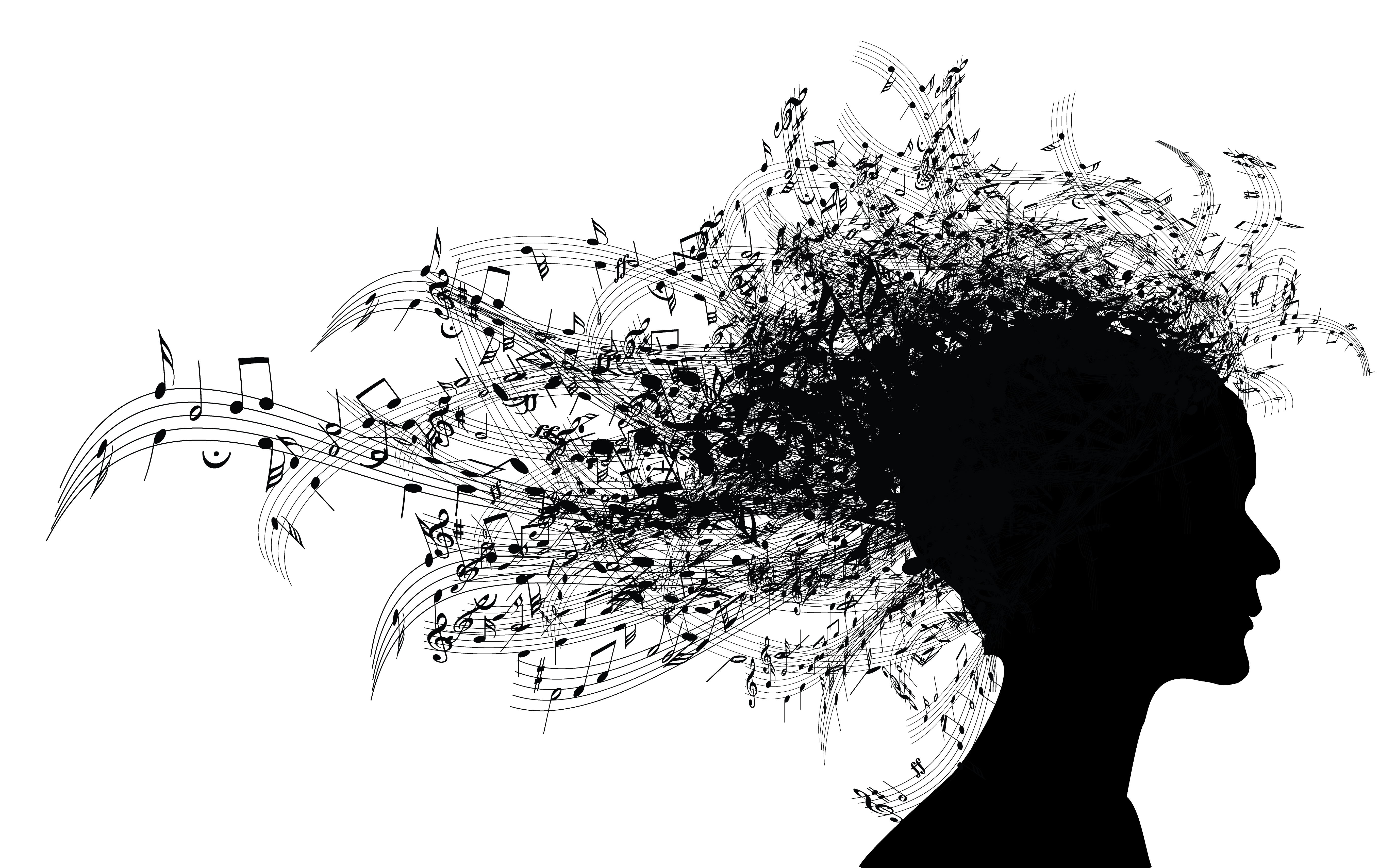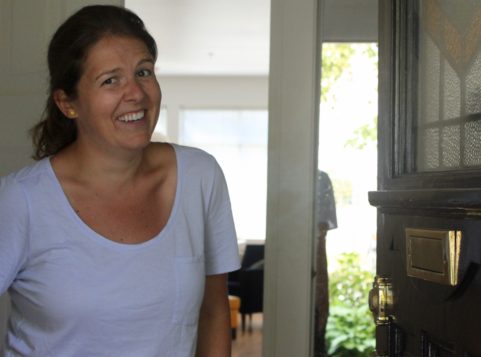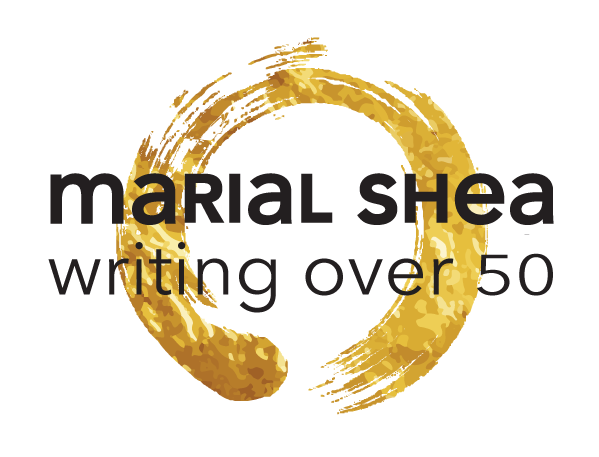
A grief storm blew into my life a few weeks back when a small bequest from my favourite uncle arrived in the mail. As I opened the envelope and pulled out an unexpected cheque, my heart was pierced with intense sorrow, guilt and regret. I hadn’t seen my uncle, or even spoken with him, in a long time. And now he was gone, the last of my mother’s family.
I wanted to share this pain with a friend or two, but I couldn’t figure out how to say “I got this cheque in the mail” in the same sentence with “and I feel unbearably sad.” I imagined them thinking, “Oh, you poor thing. A gift of money. How awful.”
But it’s true: even though I’d received news of my uncle’s death more than a year before, I did not really get that he was gone until I saw this cheque. Only then did I understand that, in spite of all the estrangement in my family of origin, he must have cared for me.
And I should have visited, should have called, should have known I mattered to him, should have told him more often how much he mattered to me.
Meanwhile, soon after I received my uncle’s bequest, in an entirely unrelated matter (or so I thought), I decided to quit my singing lessons. At the mere thought of singing, an inner wall of resistance rose up. These lessons with the wild, witty and immensely talented Jill Samycia had been a highlight of my life, so this was as puzzling to me as a story of grief that begins with “I got a cheque in the mail …” I stopped practicing, and told myself I shouldn’t be spending the money on the lessons, and anyway I can carry on without Jill, etc., etc.
But I put off giving Jill notice, so I had to show up for my next lesson. Walking there, bereft of the slightest urge to utter a sound, I rehearsed how I would tell her I was quitting when I didn’t even know why myself. “Just for a while, you understand.” That’s what I’d tell her. “I’ll be back.”

Jill Samycia greeting me at her door.
And then I got to her studio, and Jill pulled me into her arms like I’m the love of her life, and asked me how I am, and I knew she really wanted to know. So I told her about my uncle and the cheque and the overwhelming grief and guilt and regret. And I could tell she got it.
And she invited me to get up and sing.
“Just sing through it,” she said. “Let your voice be wobbly, don’t worry about it. Stop if you have to and take a breath, but then keep going.” Oh, man, I don’t know. Can I even stop crying long enough to hold a note?
Jill sat down at the piano and started in with some gentle warmups. My voice was timorous, shaky, barely there. And I didn’t get far before I burst into tears again. “Keep going!” she called, and she kept playing, so I jumped back in as soon as I could catch my breath. I sang a little longer this time before I broke down. “That’s it, keep going.”
So I did, I gasped and wobbled and wept, and she kept cheering me on, assuring me it didn’t matter how I sounded, just that I make a sound. And as I sang into that physical force of resistance, the grief I hadn’t realized I’d been holding in started to move, to fill me and flow through me, riding on my breath.
My voice grew stronger and steadier, and I could feel vital energy flow back into me for the first time since receiving the cheque. I can’t say I sang well that day, but I did sing. And the grief did move. I left Jill’s in an entirely different state than when I’d arrived, still grieving, but free of the tight anguish of that inner block, released, almost reborn.
A couple of weeks later, I asked Jill about this vocal revival. What’s the deal with singing? “The breath is what makes singing different from the other arts,” she told me.
It is the foundation to the voice. When we engage with our breath it can produce very powerful emotions.
When my students sing, I try to get them to connect to their breath (getting it deeper and more full). I believe we hold all our emotions in our core, and when we breathe from there, we experience a release that can really rattle us up! We are connecting to ourselves, which is scary to a lot of people.
It is VERY hard to “let go” and sing freely if you have never been taught or were not brought up in a creative and safe environment. Most people are terrified to be free in front of someone else, that is the hardest part of my job — pulling this out of people. The breakthroughs are magical.
Singing with Jill was not about getting rid of the grief. Quite the contrary. That’s what I’d been trying to do by NOT singing. I intuitively knew that if I sang, the grief would rise up, so I held myself in emotional lockdown.
This reminded me of all those times over the years I’d avoided writing and making; I would feel the longing to create and stop myself, and then despair of ever doing my creative work. I called it a “block” and tried all the tricks I could find, to no avail.
This experience with Jill was visceral proof of how connected emotions are to creative energy: to keep the grief pushed down, I had to stifle my creative urges. Intuitively, I knew I couldn’t sing without releasing whatever was there.
I asked Erika Moore, a body-wise Registered Massage Therapist, about the connection between creative blocks and difficult emotions. I’ve been turning to her for over 14 years for her gentle wisdom about trauma and healing. “We resist the remedy,” she explained:
This is because we often subconsciously know the emotion will come up and we don’t know if we can handle it. You’re right to call it a block, but what we’re actually doing is protecting ourselves against the discharge of energy. This is why we defend against the expression of emotion and engaging with the creative process.
And here’s where I owe such a debt to these two wise mentors of mine. Having a compassionate, emotionally intelligent singing teacher like Jill is pure gold. She walked me safely and lovingly into my grief-battered heart, trusting the potent medicine of my own voice to heal me. And learning to tolerate my own painful emotions under Erika’s wise tutelage is what has given me the capacity to “let go and sing freely,” even though this is not what I was taught in childhood.
Thank you, Jill. Thank you, Erika. And thank you to my own voice, wobbles and all.
Find your mentors. Sing your song.
And call your uncle and tell him you love him, while you still can.

Beautiful written Marialxxx Makes me wish I were more creative.
Thank you for sharing such a profound experience of lifting and moving and journeying through, not around…
Marial, I’ve never read a blog before.I was scrolling through facebook and up popped your name and photo under the heading “people you might know”. I do think about you sometimes and it was lovely to see you briefly last time I was down in Vancouver.I very much enjoyed what you have written.How brave of you to put it all into words and share your journey of understanding.Such a tender piece of writing.
This is so comforting and inspiring for me. I am a therapist but its still hard for me to grieve. Since my mum died Singing and creativity and talking therapy give me permission to carry on with the love I feel and release the pain. My mum always said , think about who your reader is, I’ll think of her as my audience.
Maria, thank you so much for this. Warms my heart to think my words have inspired and comforted you. All good wishes to you.